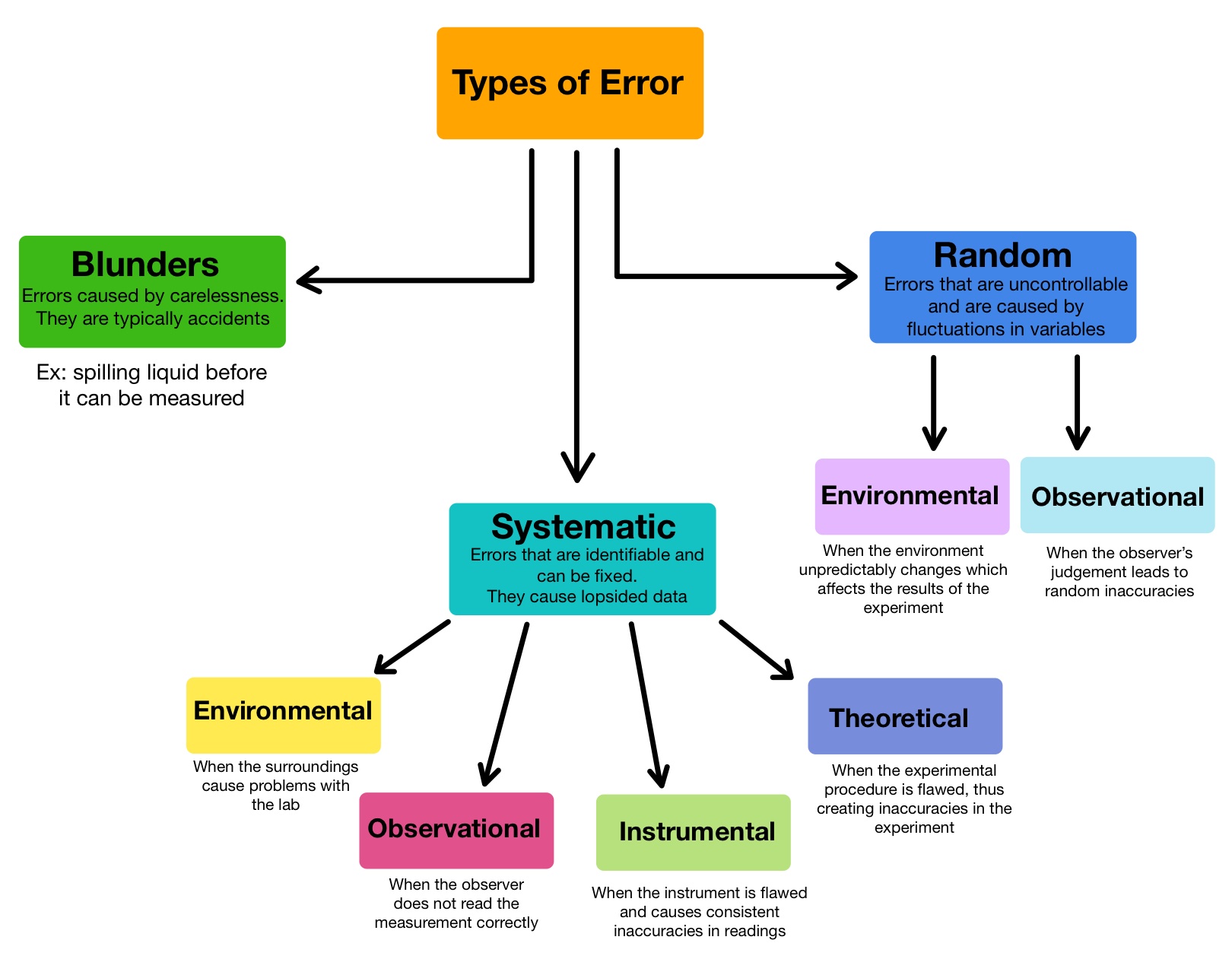The great Arab philosopher of history Ibn Khaldun (1332-1406) was the first to work out a substantial methodology for historical knowledge. In the Prolegomena to his work he analyzed the “sources of error in historical writing”:
All records, by their very nature, are liable to error— nay, they contain factors which make for error. The first of these is partisanship toward a creed or opinion. For when the mind receives in a state of neutrality and moderation any piece of information it gives to that information its due share of investigation and criticism, so as to disengage the truth it contains from the errors; should the mind, however, be biased in favour of an opinion or creed, it at once accepts every favourable piece of information concerning this opinion….
The second factor conducive to error is overconfidence in one’s sources. Such sources should be accepted only after thorough investigation….
A third factor is the failure to understand what is intended. Thus many a chronicler falls into error by failing to grasp the real meaning of what he has seen or heard and by relating the event according to what he thinks or images.
A fourth source of error is a mistaken belief in the truth. This happens often, generally taking the form of excessive faith in the authority of one’s sources.
A fifth factor is the inability rightly to place an event in its real context, owing to the obscurity and complexity of the situation. The chronicler contents himself with reporting the event as he saw it, thus distorting its significance.
A sixth factor is the very common desire to gain the favour of those of high rank, by praising them, by spreading their fame, by flattering them, by embellishing their doings and by interpreting in the most favourable way all their actions….
The seventh cause of error, and the most important of all, is the ignorance of the laws governing the transformations of human society. For every single thing, whether it be an object or an action, is subject to a law governing its nature and any changes that may take place in it…. And it has often happened that historians have accepted and transmitted stories about events which are intrinsically impossible….
Another cause of error is exaggeration. . . . The real cause of this error is that men’s minds are fond of all that is strange and unusual, and that the tongue easily slips into exaggeration.

